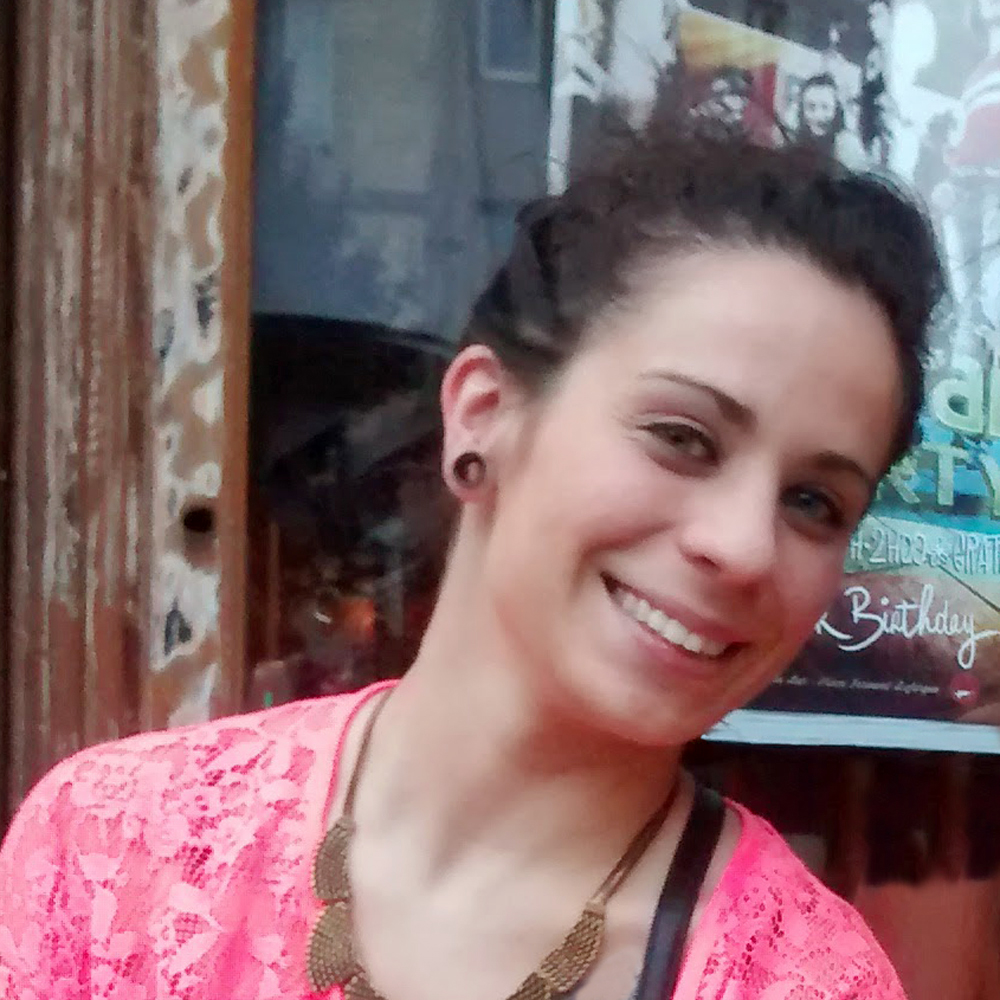
Dr Laura Alvarez-Frances
Postdoctoral Fellow
Department of Materials
ETH Zurich
Dr Laura Alvarez-Frances was born in Vigo (Spain) in 1989. She pursued her undergraduate studies in the University of Vigo where she graduated in Chemistry (2012) and received her master's degree in Colloids and Interfaces Science (2013), working on an ERC project on the synthesis and biofunctionalization of gold nanoparticles for bio-detection. In 2016, she obtained a joint PhD in Experimental Physics from the University of Bordeaux (France) and KU Leuven (Belgium), focussing on the “Single Particle dynamics in liquid crystalline phases formed by filamentous viruses”. She is now a Postdoctoral Researcher at the ETH Zurich, under the supervision of Professor Lucio Isa, mainly focussing on the “Design and fabrication of responsive active colloidal clusters”. Her scientific interests have been focused on using colloidal science as a tool to study the interactions and dynamics at the particle level to mimic biological systems.
Tunable Dynamics of Biological Rods and Responsive Active Colloids
Biological systems possess rich dynamical and structural behavior, such as restricted motion in crowded environments [1], active self-propulsion [2] and, in particular cases, the emergence of liquid crystalline phases [3]. In order to understand the underlying physics of these processes, we try to mimic those using nano- and micron-sized particles. Our main challenges are to study the structure dependence of passive particles on complex environments and to develop responsive active colloidal clusters, which can react to external stimuli. Inspired by lamellar and nematic structures found in nature, we study the passive Brownian diffusion of rod-like viruses through their liquid crystalline phases. Counterintuitively, we evidence that long rods diffuse faster than short rods forming smectic phases, due to commensurability effects [4]. In addition to passive particles, we also design active colloidal clusters that harvest energy from a uniform source and convert it into propulsion thanks to an asymmetry in their shape or composition [5]. However, current active particles lack the sensing capabilities and adaptive behavior of motile microorganisms found in nature [6]. Combining thermoresponsive soft materials with colloids, we produce a new generation of active clusters with an internal feedback on their propulsion in response to external temperature changes. The combination of the presented strategies, which merges elements of structural and dynamical control inspired by nature, can lead to a new generation of active micro- and nanoscale systems with potential applications in biomedicine and material engineering.
Please click here to view the abstract with full list of authors and remarks.